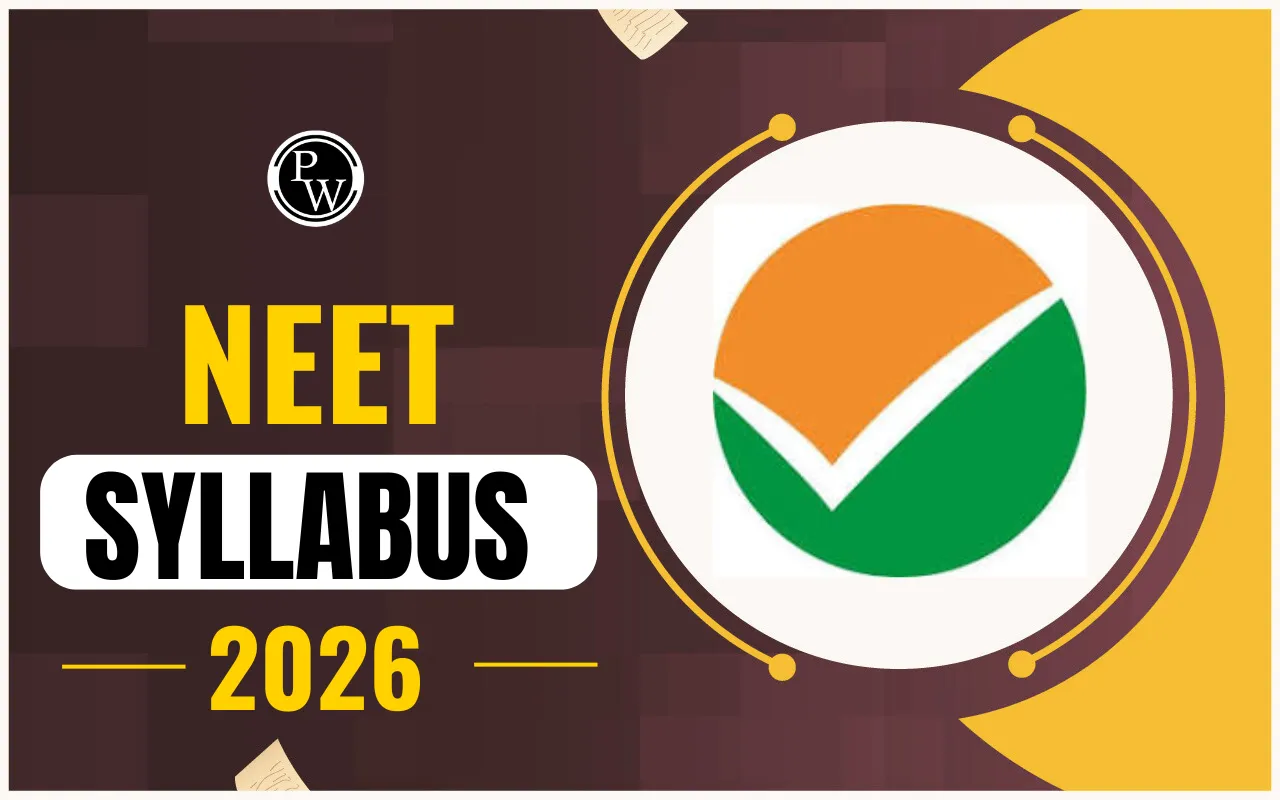
Some Basic Principles and Techniques (Isomerism) Important Questions for NEET: The chapter 'Some Basic Principles and Techniques' is quite lengthy, so it has been divided into three parts: Isomerism, General Organic Chemistry (GOC), and IUPAC Nomenclature. We will cover each topic in detail along with solving questions to ensure that no topic or question is missed.
Isomerism is a fundamental concept in organic chemistry that plays a crucial role in understanding molecular structures and their properties. For NEET aspirants, mastering isomerism is essential, as it frequently appears in the exam. This article covers important questions, concepts, and a PDF resource to aid in NEET 2025 preparation.
Some Basic Principles and Techniques (Isomerism) Important Questions for NEET Overview
Some Basic Principles and Techniques chapter covers the classification of organic compounds, nomenclature, isomerism, electronic effects, and purification techniques. It also includes reaction mechanisms, bond fission types, and practical methods used in organic chemistry. Isomerism is a frequently tested topic in NEET, appearing in both conceptual and numerical questions. Understanding the classification and properties of different isomers can help students answer questions quickly and accurately.
Also Check:
What are Some Basic Principles and Techniques (Isomerism)?
Some Basic Principles and Techniques form the base of organic chemistry. It involves the study of hydrocarbons, functional groups, and their properties. Students learn about structural representation, hybridization, and electronic displacement effects like inductive, resonance, and hyperconjugation. The chapter also explains purification techniques such as distillation, crystallization, chromatography, and qualitative analysis of elements.
What is Isomerism?
Isomerism is the phenomenon where two or more compounds have the same molecular formula but different structural arrangements or spatial orientations, leading to differences in their physical and chemical properties.
Practice Important Questions of Some Basic Principles and Techniques (Isomerism) for NEET Exam
Q1 White phosphorus (P₄) has not;
- a total of six P - P single bonds.
- a total of four P - P single bonds.
- a total of four lone pairs of electrons.
- P - P - P angle of 60°.
Q2 The type of hybridisation and number of lone pair(s) of electrons of Xe in XeOF₄, respectively, are;
- sp³d² and 1
- sp³d and 2
- sp³d and 1
- sp³d² and 2
Q3 Which among the following is the most reactive?
- Cl₂
- Br₂
- I₂
- ICl
Q4 Which one has highest boiling point?
- He
- Ne
- Kr
- Xe
Q5 Amongst H₂O, H₂S, H₂Se and H₂Te, the one with the highest boiling point is;
- H₂O because of hydrogen bonding.
- H₂Te because of higher molecular weight.
- H₂S because of hydrogen bonding.
- H₂Se because of lower molecular weight.
Q6 Identify the incorrect statement.
- All the noble gases are polyatomic.
- Noble gases are sparingly soluble in water.
- Helium has the lowest boiling point of any known substance.
- Noble gases, in general, are least reactive.
Q7 Which of the following is incorrect?
- XeO₃ has four σ and π four bonds.
- The hybridization of Xe in XeF₄ is sp³d².
- Among noble gases, the occurrence of argon is highest in air.
- Liquid helium is used as cryogenic liquid.
Q8 Which of the following statement is incorrect for XeF₆?
- It acts as Lewis acid when it reacts with RbF.
- It undergoes complete hydrolysis to give XeO₃ which is an explosive solid.
- It undergoes partial hydrolysis to produce XeOF₄ and XeO₂F₂.
- It acts as Lewis base when it reacts with RbF.
Q9 The interhalogen which does not exist is;
- IF₅
- ClF₃
- BrCl
- ICl₄
Q10 Which one of the following statements is not true?
- Among halide ions, iodide is the most powerful reducing agent.
- Fluorine is the only halogen that does not show a variable oxidation state.
- HOCl is a stronger acid than HOBr.
- HF is a stronger acid than HCl.
Q11 Which is incorrectly given according to order indicated?
- F₂ > Cl₂ > Br₂ > I₂; Oxidising power
- HI > HBr > HCl > HF; Acidic strength
- F₂ > Cl₂ > Br₂ > I₂; Bond dissociation enthalpy
- HF > HI > HBr > HCl; Boiling point
Q12 Which of the following elements does not show allotropy?
- Nitrogen
- Bismuth
- Antimony
- Arsenic
Some Basic Principles and Techniques (Isomerism) Important Questions for NEET PDF
Download the practice questions PDF for free and improve your preparation for NEET 2025. The PDF includes detailed explanations and solutions, ensuring that you understand each concept clearly. Solving these questions will help in quick revision and better retention of important concepts.
Download the Some Basic Principles and Techniques (Isomerism) Important Questions for NEET
Practice Questions Now
Prepare for NEET with PhysicsWallah's NEET online coaching. Learn through easy-to-understand lessons and get help whenever you need it.
|
Chapterwise Important Questions for NEET |
|
|
Electrostatic Potential and Capacitance Important Questions for NEET |
|
|
Breathing and Exchange of Gases Important Questions for NEET |
|
Some Basic Principles and Techniques (Isomerism) Important Questions for NEET FAQs
What is the principle of isomerism?
What are the 4 types of isomerism?
What are the basics of isomers?
Who is the father of isomerism?









